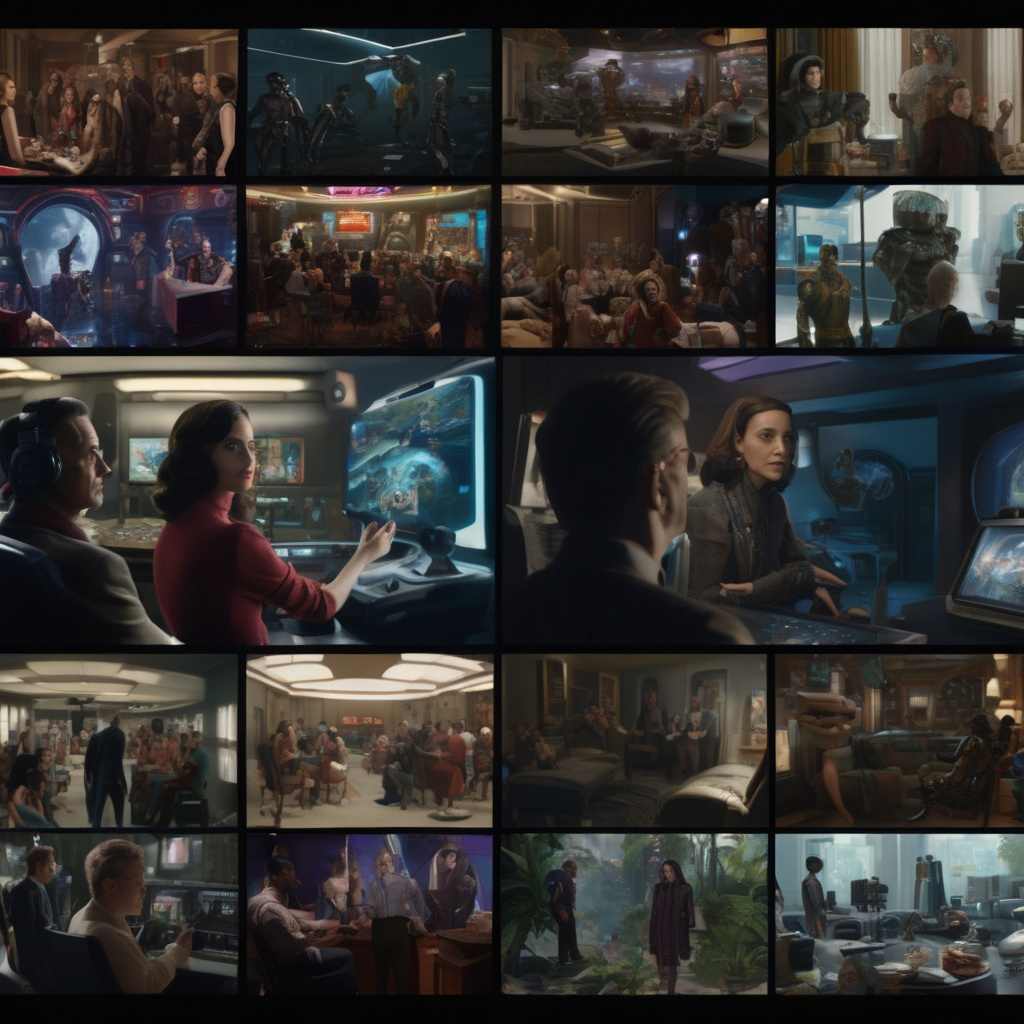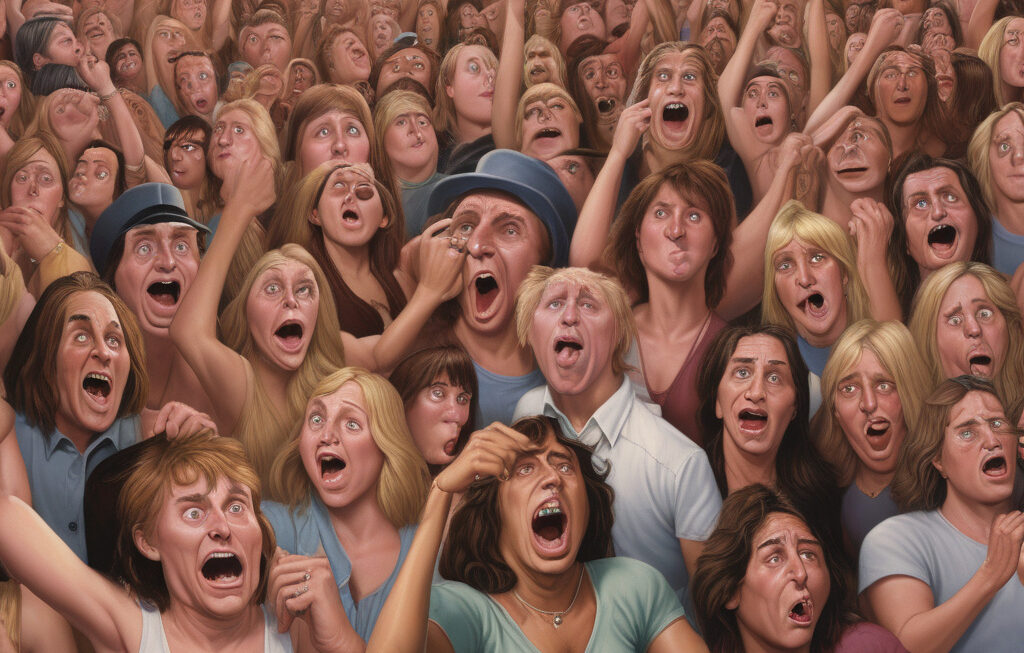The Rise of AI in Hollywood, Gaming, and Music
Artificial Intelligence (AI) has not only revolutionized industries like healthcare, finance, and transportation but has also made a significant impact on the entertainment world. In Hollywood, gaming, and music, AI is reshaping how stories are told, raising questions about authorship, ethics, and artistic identity.
In Hollywood, AI is being used in various aspects of filmmaking, from scriptwriting to casting and even predicting box office success. One of the most notable examples is the use of AI algorithms to analyze scripts and predict which movies are likely to be blockbusters. By analyzing past data on successful films, AI can help filmmakers make decisions on which projects to pursue, reducing the financial risks associated with movie production.
Moreover, AI is also being used in the creation of visual effects, with technologies like deep learning and neural networks being employed to generate realistic graphics and animations. This has not only made the production process more efficient but has also opened up new creative possibilities for filmmakers.
In the gaming industry, AI is playing a crucial role in enhancing player experiences and creating more immersive worlds. AI algorithms are being used to personalize gameplay, adapt to the player’s skill level, and even generate unique levels and challenges in real-time. This not only makes games more engaging but also ensures that players are constantly challenged and entertained.
Furthermore, AI is being used to improve game development processes, from streamlining testing and debugging to automating the creation of in-game assets. This has the potential to significantly reduce the time and cost involved in game development, allowing developers to focus on creating innovative and engaging gaming experiences.
In the music industry, AI is being used to compose music, analyze trends, and even help artists discover their unique sound. AI algorithms can analyze vast amounts of musical data to identify patterns and predict which songs are likely to become hits. This has been particularly useful for independent artists looking to break into the music scene and connect with their target audience.
AI is also being used to create music, with algorithms capable of composing melodies, harmonies, and even lyrics. While some may argue that this diminishes the role of human creativity in music production, others see it as a tool for artists to explore new musical styles and experiment with unconventional sounds.
However, the rise of AI in Hollywood, gaming, and music has raised important questions about authorship, ethics, and artistic identity. As AI becomes more sophisticated and capable of mimicking human creativity, who should be credited as the author of a film, game, or song created with the help of AI? How can we ensure that AI is used ethically and does not perpetuate harmful stereotypes or biases? And how does the use of AI in creative industries impact the artistic identity of creators?
These are complex questions that do not have easy answers. As AI continues to evolve and shape the entertainment world, it is essential for industry professionals, policymakers, and audiences to engage in critical discussions about the implications of AI on storytelling, creativity, and artistic expression.
In conclusion, the rise of AI in Hollywood, gaming, and music represents a significant shift in how stories are told and entertainment is created. While AI brings about exciting opportunities for innovation and efficiency, it also raises important ethical and philosophical considerations that must be addressed. By navigating these challenges thoughtfully and collaboratively, the entertainment industry can harness the power of AI to create truly groundbreaking and unforgettable experiences for audiences worldwide.
AI, Hollywood, Gaming, Music, Creativity, Ethics












